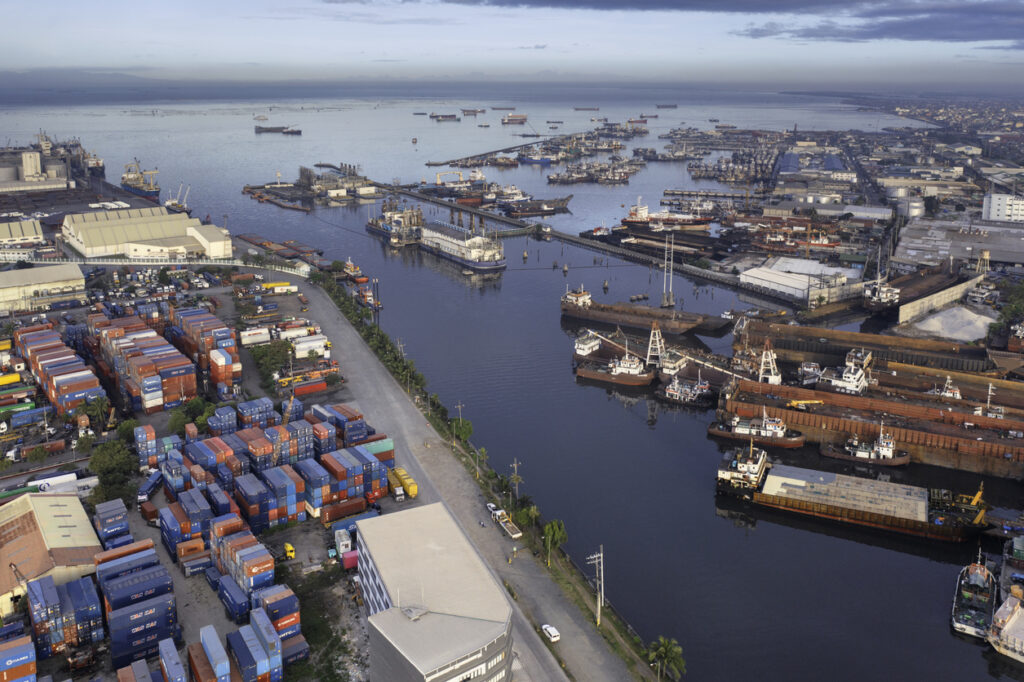Kenya stands out as one of Africa’s most promising destinations for exporters. As the fourth largest economy in sub-Saharan Africa with a population of over 54 million, Kenya offers attractive opportunities for businesses seeking to access and grow in East Africa and beyond.
Strategic location and regional influence
Situated along the Indian Ocean, Kenya’s geographic location is a major advantage. It serves as a critical gateway for trade between Africa, Asia, the Middle East, and Europe, supported by direct access to major international shipping routes.
Kenya’s influence extends beyond its borders through active membership in key regional economic blocs, including the Common Market for Eastern and Southern Africa (COMESA) and the East African Community (EAC). These memberships grant exporters preferential access to a combined market of over 600 million consumers, boosting Kenya’s appeal as a springboard for regional and continental trade.
Economic resilience and future growth
Despite facing global and domestic challenges in 2024 — including inflationary pressures, liquidity constraints, and political protests — Kenya’s economy demonstrated remarkable resilience. The economy is projected to grow at an average rate of 4.9% between 2025 and 2027, driven by easing inflation, supportive monetary policies, and an uptick in private sector investment.
Notably, Kenya’s development ambitions are underpinned by Vision 2030, a national blueprint aimed at transforming the country into an industrialized, middle-income economy. Vision 2030 continues to drive major investments in infrastructure, education, healthcare, and innovation — all of which create new opportunities for exporters across various sectors.
Key industries and main imports
Kenya’s dynamic economy is driven by several key industries including agriculture (tea, coffee), manufacturing (textiles, cement, food processing), financial services (regional banking hub) and tourism.
Main imports to Kenya include:
- Machinery and equipment,
- Vehicles and automotive parts,
- Refined petroleum products,
- Pharmaceuticals and medical equipment,
- Electrical and electronic goods.
Exporters supplying these goods will find strong demand and growing market potential.
Market access and trade agreements
Kenya’s outward-looking trade policy further enhances its attractiveness. The recently ratified Economic Partnership Agreement (EPA) with the European Union grants duty-free and quota-free access for Kenyan exports to the EU, while reciprocally allowing EU goods into Kenya under favourable terms.
Additionally, Kenya’s participation in the African Continental Free Trade Area (AfCFTA) opens doors to a vast, increasingly interconnected African market by eliminating trade barriers and harmonising customs procedures across the continent.
Expanding consumer market
Kenya’s rapidly urbanising, young, and English-speaking population is driving a surge in consumer demand, with consumer expenditure in Kenya projected to grow by 6% annually, according to the Kenya National Bureau of Statistics.
Rising disposable incomes and an expanding middle class are boosting demand for a wide range of products and services — from consumer goods and healthcare products to educational services and digital technologies.
Trade facilitation and infrastructure development
Kenya’s government has undertaken significant trade facilitation reforms to simplify customs processes and lower costs for businesses. Initiatives such as electronic customs systems and real-time cargo tracking have improved efficiency at borders and ports, reducing transaction times and enhancing transparency.
Major infrastructure projects — including the expansion of the Port of Mombasa, upgrades to the Standard Gauge Railway (SGR), and modernization of key highways and airports — further strengthen Kenya’s role as a regional trade and logistics hub.
Managing trade risk: securing your receivables
Entering new markets always carries an element of risk — and non-payment is one of the most common concerns for exporters. To reduce the risk of non-payment, exporters should consider:
- Advance payments or deposits where feasible
- Using secure payment mechanisms such as letters of credit (LCs)
- Establishing clear, enforceable contracts with dispute resolution clauses
- Due diligence on potential buyers or partners
- Export credit insurance to protect receivables in case of default
Conclusion
With its strategic geographic location, growing economy, progressive trade agreements, and strong regional links through COMESA and the EAC, Kenya offers a strategic gateway for exporters targeting East Africa and beyond.
However, as when entering any new and dynamic market, it is crucial for exporters to undertake thorough due diligence, understand the regulatory landscape, and ensure that secure contracts and robust legal agreements are in place to protect their interests.
With our ExpoFin trade advisory services, Recovery Advisers can support exporters to reduce risk and uncertainty when trading with overseas buyers, from that first step of verifying trading partners to reviewing and drafting contracts to ensure enforceability.
If you have any questions about entering the Kenyan market, or need assistance with international trade and recoveries, please email info@recoveryadvisers.com.



